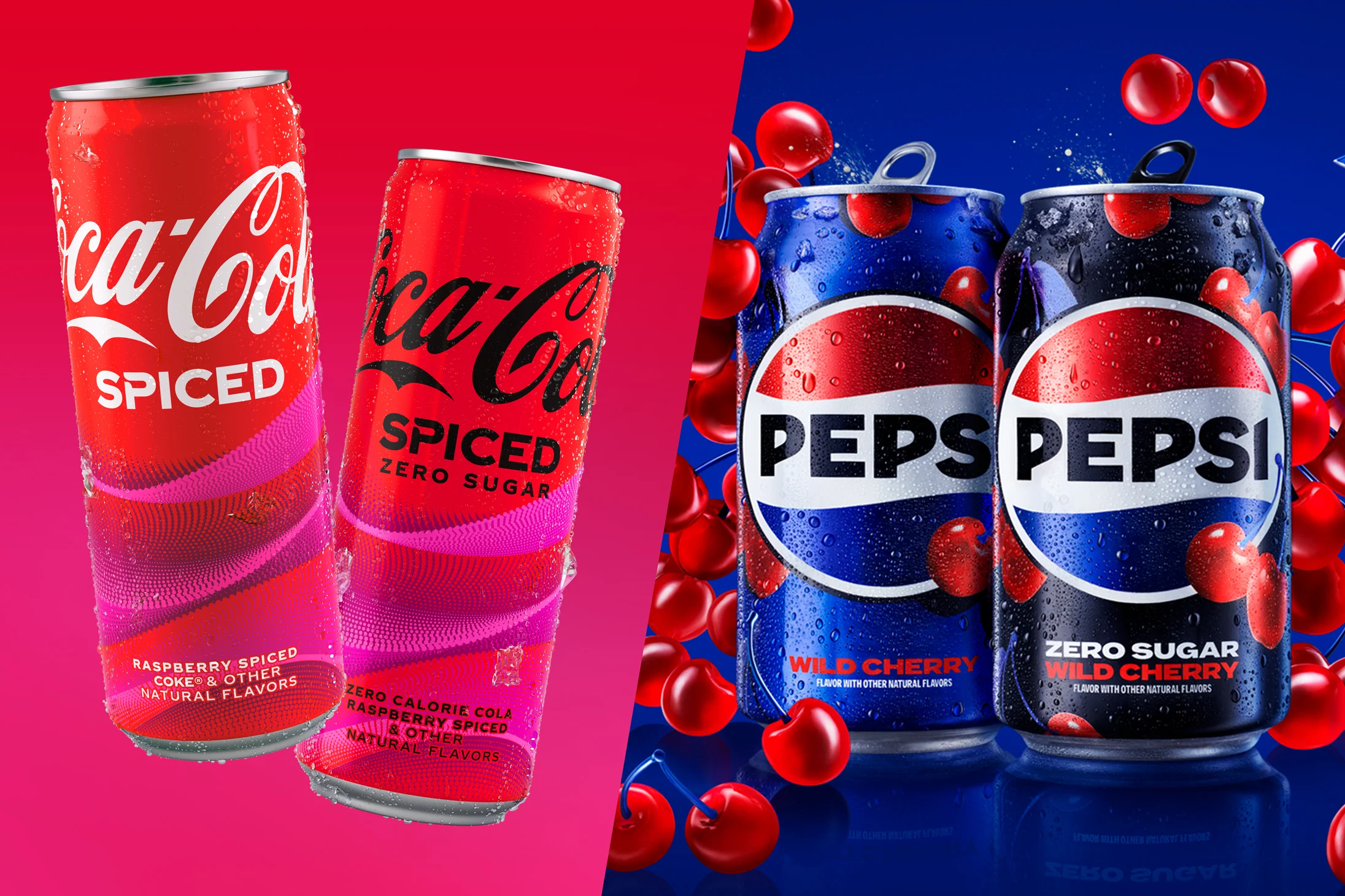Nasir Javaid
For decades, Coca-Cola and PepsiCo have invested significant resources to establish demand for their soft drinks in Muslim-majority countries, spanning from Egypt to Pakistan. However, the renowned beverage giants are now encountering challenges from local soda brands in these nations due to widespread boycotts that perceive these global brands as emblems of America and, by extension, Israel, particularly amidst the ongoing Israeli aggression in Gaza.
In Egypt, Coca-Cola experienced a drastic decline in sales this year, while the local brand V7 tripled its export of cola within the Middle East and the broader region compared to the previous year. Furthermore, Pepsi’s rapid growth across the Middle East came to a halt following the onset of the Gaza conflict in October.
The impact of the boycotts was notably illustrated by Pakistani corporate executive Sunbal Hassan’s decision to exclude Coke and Pepsi from her wedding menu in Karachi earlier this year, driven by her reluctance to contribute financially to the United States, a staunch ally of Israel. Consequently, local Pakistani brand Cola Next was served to wedding guests in lieu of the multinational soda brands.
Market analysts report a significant decline in sales of Western beverage brands across the Middle East, with a 7% decrease in the first half of the year, as per market researcher NielsenIQ. In Pakistan, the popularity of local cola rivals like Cola Next and Pakola soared, accounting for approximately 12% of the soft drinks category, compared to 2.5% before the boycotts.
The widespread consumer boycotts carry historical significance, resembling similar movements such as the anti-slavery sugar protest in Britain and efforts against apartheid in South Africa. Many consumers participating in the boycotts reference the long-standing U.S. support for Israel, including the current ongoing aggression in Gaza, as a key reason for their decision to opt for alternative beverage options.
Pl, subscribe to the YouTube channel of republicpolicy.com
The financial implications for PepsiCo and Coca-Cola remain challenging, with both companies acknowledging the impact of boycotts on their operations and sales within specific regions such as Lebanon, Pakistan, and Egypt. While expressing confidence in managing through the challenging period, the companies have noted some decline in revenue and beverage volumes in the affected areas.
Local brands like Cola Next and Pakola have notably gained traction amid the boycotts, further fueled by economic factors such as inflation and economic turmoil, making cheaper local options more appealing to consumers. As a response to changing market dynamics, Coca-Cola and PepsiCo have continued to invest in the region and reintroduced localized products, recognizing the importance of these markets for long-term growth.
As a result of these developments, the impact of the boycotts has underscored the growing influence of local soda brands and raised concerns about potential long-term effects on consumer loyalty and market share for multinational beverage companies in the Muslim-majority countries in which they operate.
















